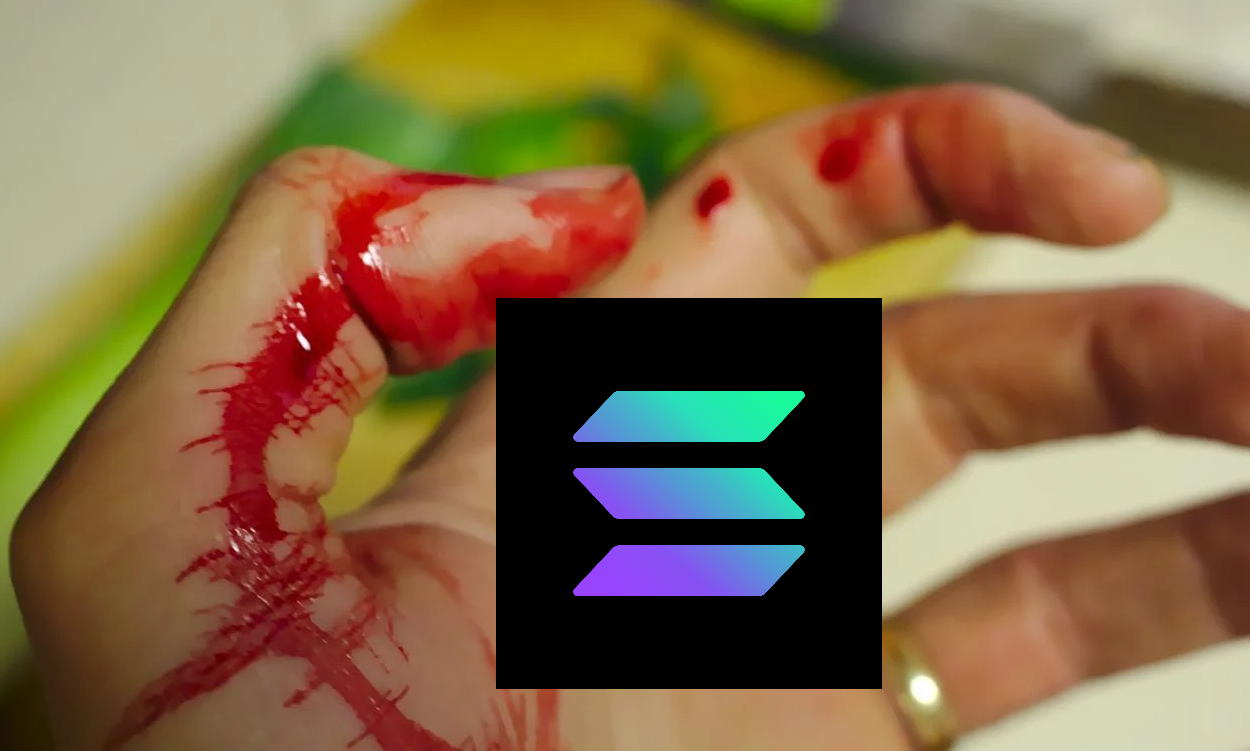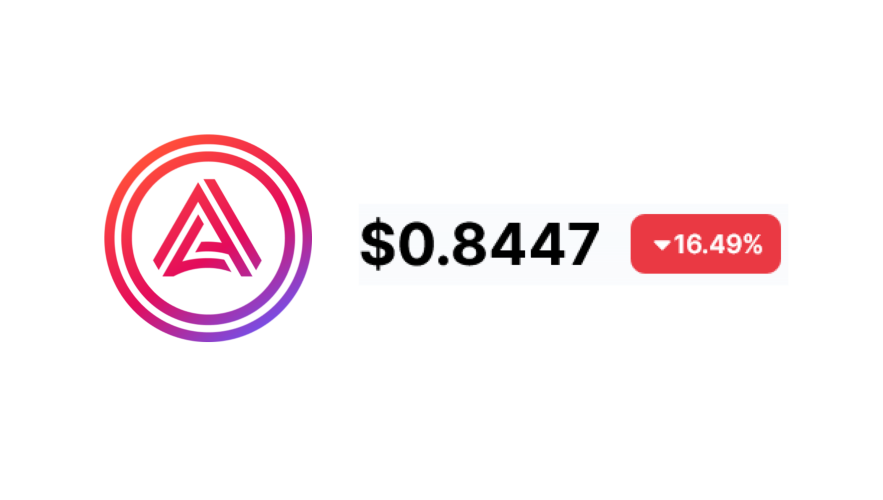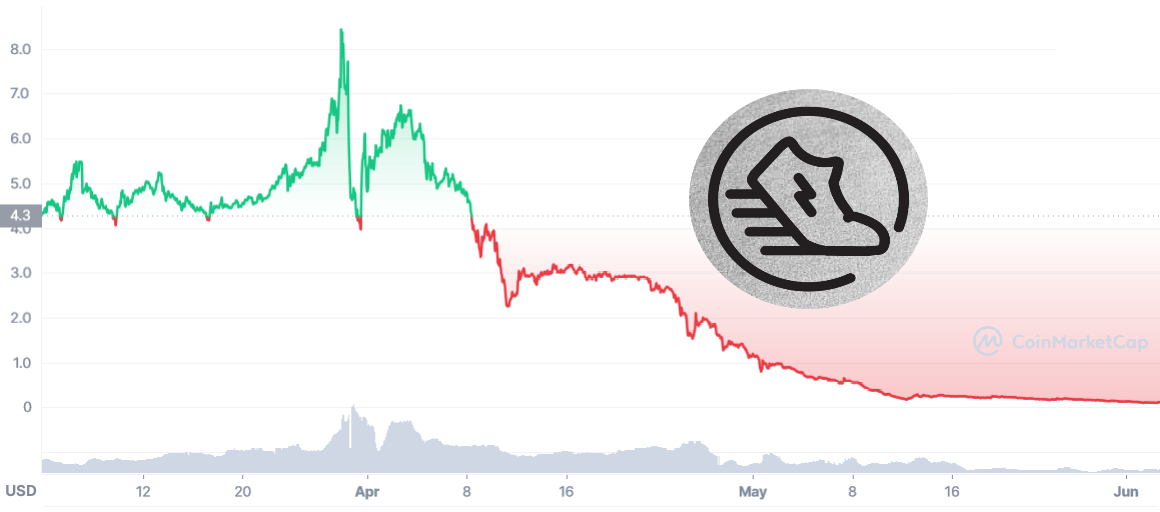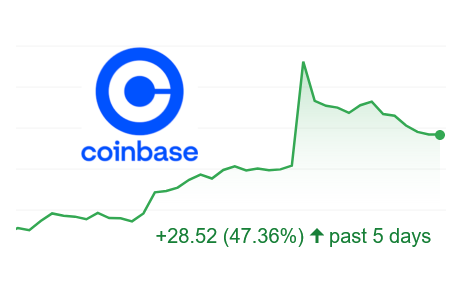Solana Shuts Down After Bots Spam NFT Transactions

Solana has a major problem with shutting down
Solana, a cryptocurrency in the top 10, recently shut down for a 7-hour period on Saturday after bots spammed the network with "Candy Machine" NFT microtransactions. This is not the first time the network has experienced this fate, like in September, when their team admitted that a denial of service attack (DOS) halted the network. Phantom, Solana's biggest DeFi wallet, released a statement saying that the network was unusable, and account balances may not even show up.
The Solana team seems to be prioritizing transactions per second as opposed to network decentralization. High network fees have plagued smart contract blockchains like Ethereum for a long time, but Solana's micro-fees allow bots and hackers to effortlessly congest the network with malicious transactions.
The future of Solana
Solana has had more network problems than any of its competitors, despite its abnormally good price action. The undeniable point of a blockchain is to have a secure and reliable way to send money to other people without a trusted third party. While Solana is a computing platform and thus has more complexities, competitors such as Ethereum, Cardano, Algorand, and Tezos have not had any network shutdowns like the former; only some slowdowns.
Even in beta, when a blockchain shuts down more than 3 times over the course of a year, it's clear that there are serious issues with the network's design. Solana DeFi applications will not be a safe place for new crypto users until they resolve the problems causing these many DOS attacks. While there is a temporary code patch for this recent shutdown, there still is no permanent one.
If Solana wants to survive, they will have to make significant changes to their fee structure and validator model to increase decentralization and ensure no more network shutdowns will occur. Nation states and other top projects will not build on Solana if the network is constantly congested and shutting down.




